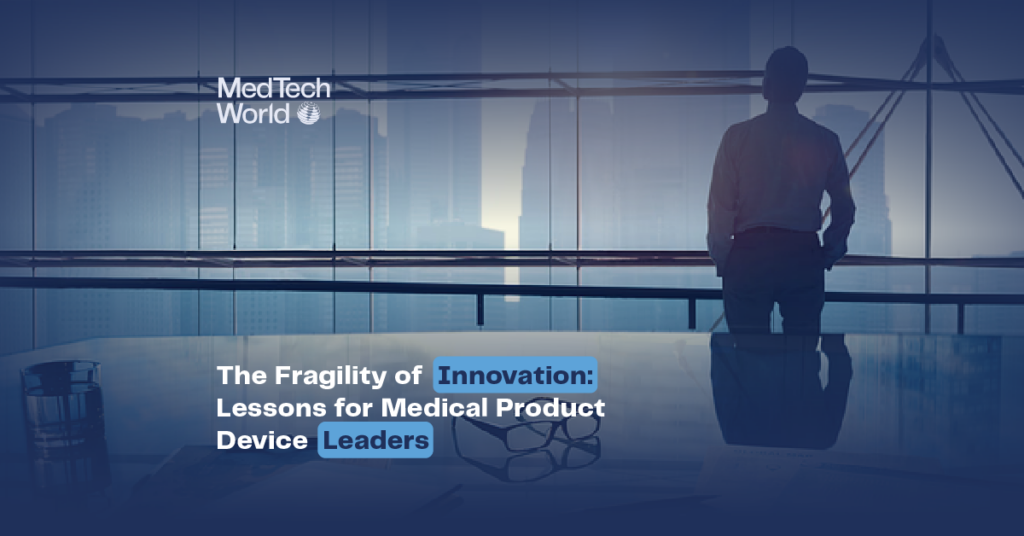
Michael Joe Cini
4th October 2021
AMA Ethics Journal Questions FDA Medical Device Laws and Safety Checks
The AMA Journal of Ethics has taken an analytical view of the US medical device regulation, raising doubts on the FDA’s balance between innovation promotion and patient protection
Ariel Wampler of Lahey Hospital in Massachusetts, an expert on cosmetic and reconstructive operations, provided statistics on regulation, usage, and effects of medical devices. Although most statistics date back years, the present technique nevertheless provides an overview of the case. Wampler adds that between 2003 and 2007 less than 1% of pharmaceutical medical devices underwent two big clinical studies.
Because stopping the usage of a medicine is usually easier and safer than an implant, Wampler says that the expectation that some devices are kept to better safety standards than pharmaceutics is “might be reasonable”
Serious safety concerns reported are extremely unusual — Class I recalls only took place for under 1% of devices certified or approved between 2004 and 2009, however the recall system itself has also been criticised for being inadequate and not thorough. Implant-related clinical trials can be more complicated, costly and a nightmare ethically than drug trials.
All of the writers of a paper in the issue of the journal, Wampler and Anna Pisac and Natalia Wilson, have noted the criticism of the usage of the 510(k) pathway. According to a study cited by Wilson and Pisac, 510 (k)-cleared devices between 1992 and 2012 were 11.5 times more likely to be recalled than pre-market approved goods.
“Furthermore, devices or materials have been cleared based on their substantial equivalence to predicates that were recalled due to adverse events, as was the case for 16% of surgical meshes cleared between 2013 and 2015,” Pisac and Wilson wrote.
The history of surgical malfunctions is concerning, leading to heightened FDA monitoring, an agency advisory panel and a demand to further research amid tens of thousands of significant negative events and fatalities.
The FDA ordered Boston Scientific and Danish equipment manufacturers Coloplast in 2019, after an Agency advisory panel had indicated there was insufficient evidence that the product was safe, to stop the sale of surgical mesh products for the transvaginal repair of pelvic organ prolapse immediately.
A long-standing issue brought up with US MedTech legislation is using substantial equivalence to support clearing devices via the 510(k), rather than evidence of safety and effectiveness. Whilst the 510(k) approach continues to be one of the major pathways to market for certain implants, during the last several years FDA has made adjustments, as Pisac and Wilson indicate. In particular, the FDA has limited pathway usage, adopted a policy of “refuse-to-accept” and removed about 1,500 predicate devices.
On the topic of managing the safety and efficacy of 510(k)-cleared devices, Beatrice Brown and Aaron Kesselheim from Harvard Medical School proposed an alternative method. Brown and Kesselheim argue that hospitals should stop buying particular devices in large numbers and urge clinicians to talk to patients about the advantages and dangers in a case-by-case manner.
“While hospitals might incur greater costs by not purchasing the devices in bulk, purchasing on a case-by-case basis can help avoid secondary costs — such as the use of hospital beds for additional procedures — if the device turns out to lead to worse outcomes for patients,” Brown and Kesselheim wrote.
A fresh approach to devices can be of disproportionate value to women. Many of the greatest health issues connected to devices in recent years have afflicted women, from breast implants to surgical mesh. Madris Kinard and Rita RedBerg outline areas of inadequate enforcement and compliance in an essay entitled “Is the FDA Failing Women?,” including the delays in completing post-market surveillance studies on breast implants.
Kinard, a former FDA employee and Redberg, a former FDA expert panel member, would want to see greater enforcement and the establishment of more user-friendly and accessible post-market surveillance reporting mechanisms.
Med-Tech World: 18th-19th November 2021
The Med-Tech World conference, which follows a successful digital event in 2020, will run from 18th-19th November 2021 and will highlight innovations and developments in digital health across the globe. With so many countries realising the potential for exponential growth, Med-Tech World will address the opportunities and challenges driving this multi-million forum – embracing the potential for technological innovation to change the face of medicine in this global sector. Register your interest here!
you might also like
view all




